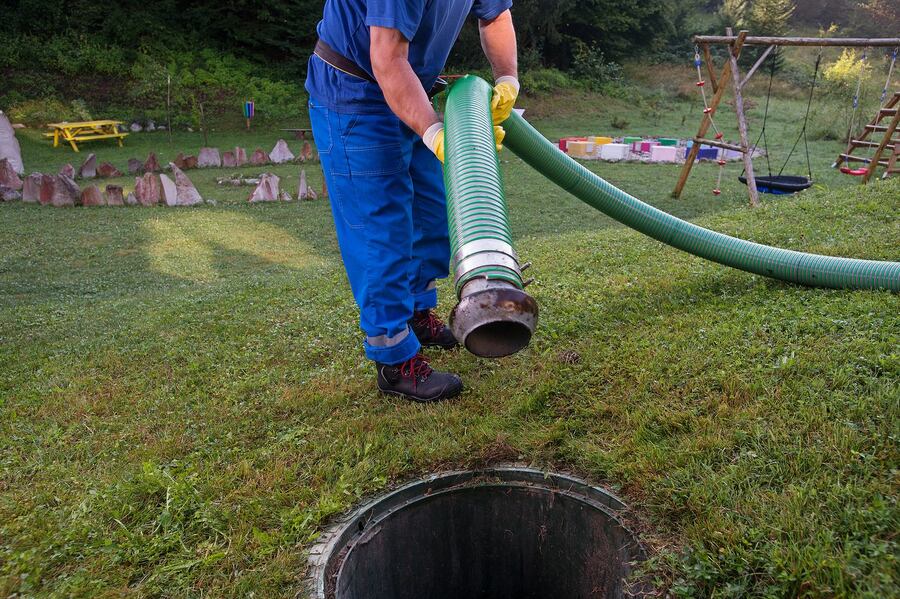
17
In the realm of home maintenance, few elements are as crucial to daily life yet often overlooked as the septic system. Responsible for managing household wastewater, septic tanks require regular attention to avoid common issues that can disrupt the delicate balance beneath the surface. This article delves into prevalent septic system problems and outlines preventive measures homeowners can take to ensure a smoothly functioning septic system.
One of the primary responsibilities of septic system maintenance is regular septic tank pumping. Over time, solid waste accumulates at the bottom of the tank, reducing its capacity and potentially causing backups into the home. Hiring a reputable septic company for routine pumping is essential to prevent these issues. Professionals recommend pumping every 3-5 years, but frequency may vary based on factors such as household size and water usage.
Septic tanks are susceptible to wear and tear, and issues can arise that necessitate prompt repair. Common problems include cracks, leaks, and damaged baffles. When left unaddressed, these issues can lead to environmental contamination and compromise the efficiency of the system. Homeowners should be vigilant for signs such as foul odors, soggy ground around the tank, or slow drains, and promptly contact a qualified septic company for expert diagnosis and repair.
When building a new home or replacing an old septic system, proper septic tank installation is crucial. An incorrectly installed tank may not function optimally, leading to a host of issues down the line. It's essential to enlist the services of experienced professionals who understand local regulations and can ensure the tank is appropriately sized for the household's needs. Quality installation can prevent future headaches and prolong the lifespan of the septic system.
Regular septic tank cleaning is vital for maintaining a healthy balance of bacteria in the tank. The accumulation of sludge and scum can disrupt the natural breakdown of waste, leading to clogs and backups. Homeowners can schedule routine septic tank cleanings with Charlotte Septic Pros to remove accumulated solids and ensure the system operates efficiently. This approach helps prevent costly repairs and extends the life of the septic system.
By understanding common septic system issues and implementing preventive measures, homeowners in any location can ensure the longevity and functionality of their septic systems. Partnering with a septic company for professional maintenance and guidance ensures peace of mind and a resilient septic system for years to come.
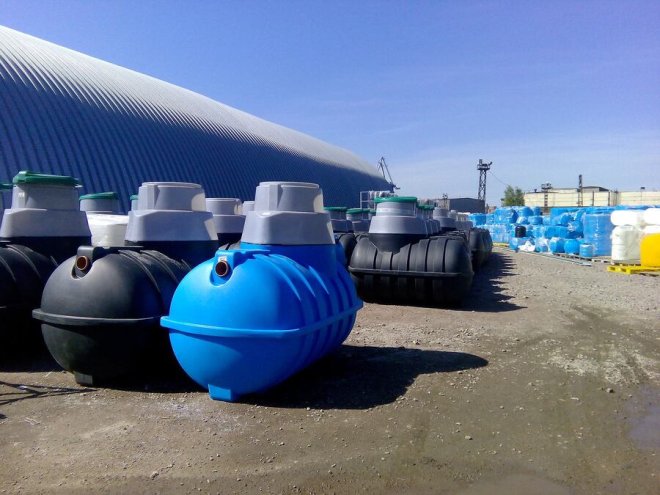
28
How to Prepare for Septic System Installation Installing a septic system is a major investment for any property that lacks…
Read more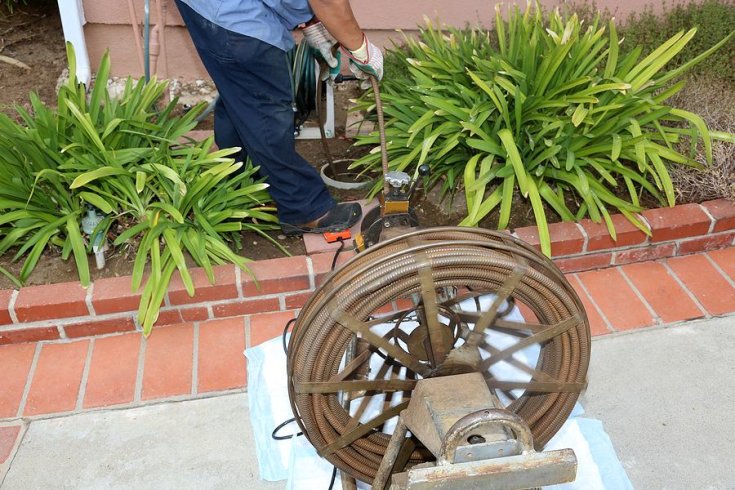
20
How Main Drain Cleaning Can Prevent Sewer Backups Sewer backups are one of the most unpleasant plumbing emergencies homeowners can…
Read more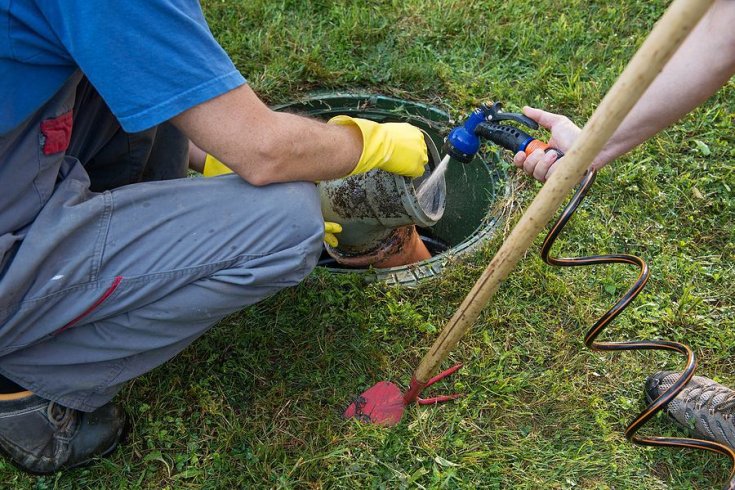
13
What to Do When You Have Drainage Problems Drainage problems can be frustrating and cause serious damage if left untreated.…
Read more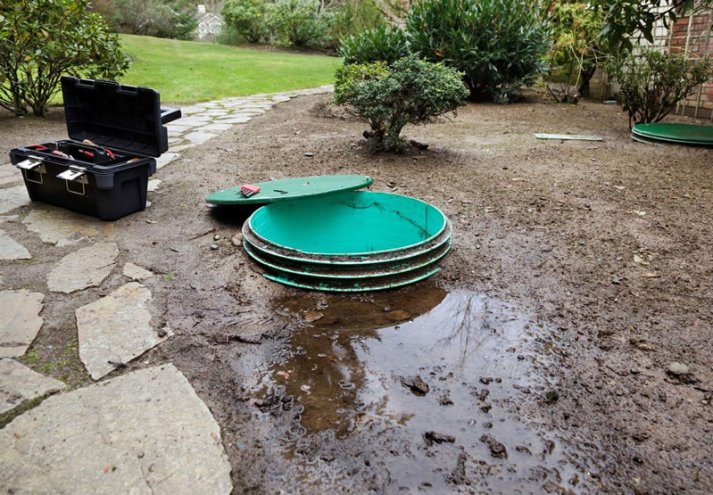
04
Signs and Causes of Septic Leaks A leaking septic system can pose serious health and environmental risks. If left untreated,…
Read more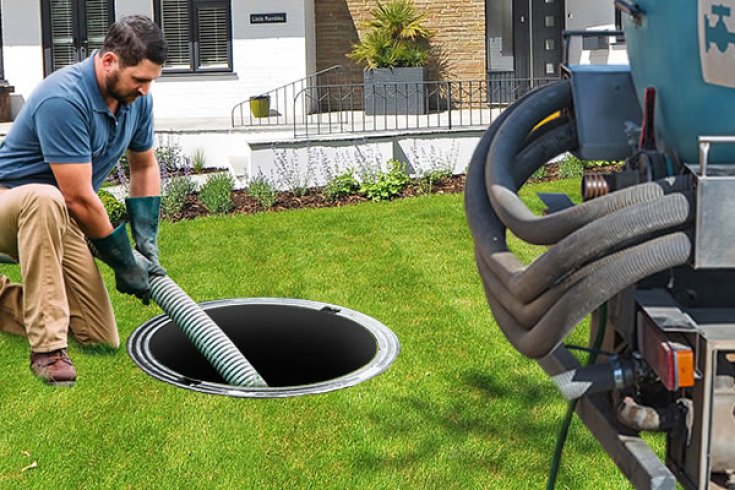
02
Unusual Septic Tank Blockages: Keeping Your Septic System Healthy A properly functioning septic system is crucial for any home or…
Read more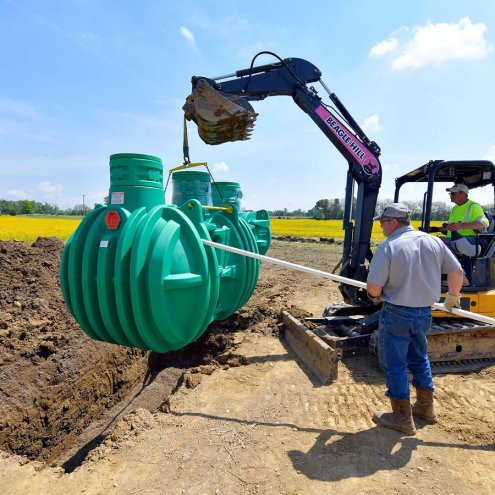
23
Seasonal Weather and Septic Systems Tank Your septic system plays a vital role in managing household wastewater, but seasonal weather…
Read more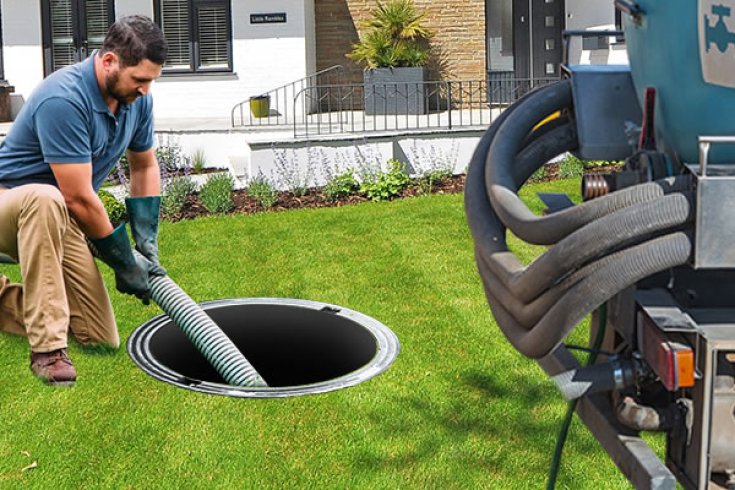
15
Why Toilet Paper Matters to Your Septic Tank Many homeowners don’t give much thought to their toilet paper—until it starts…
Read more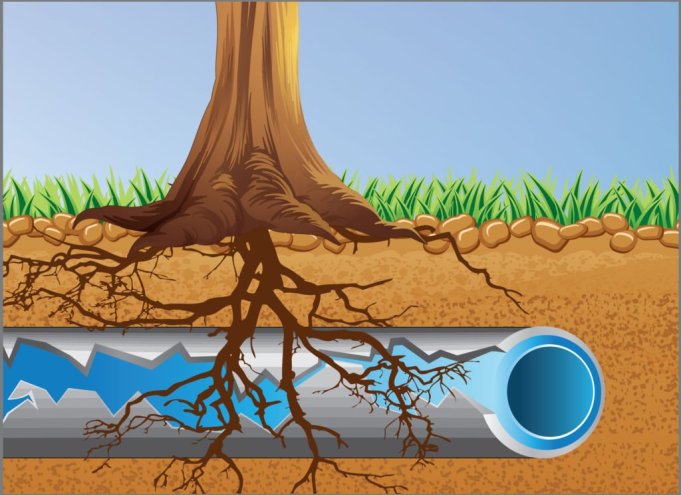
21
Tree Root Infiltration of Septic Systems We love the trees in our yards and in our environment. Just by looking…
Read more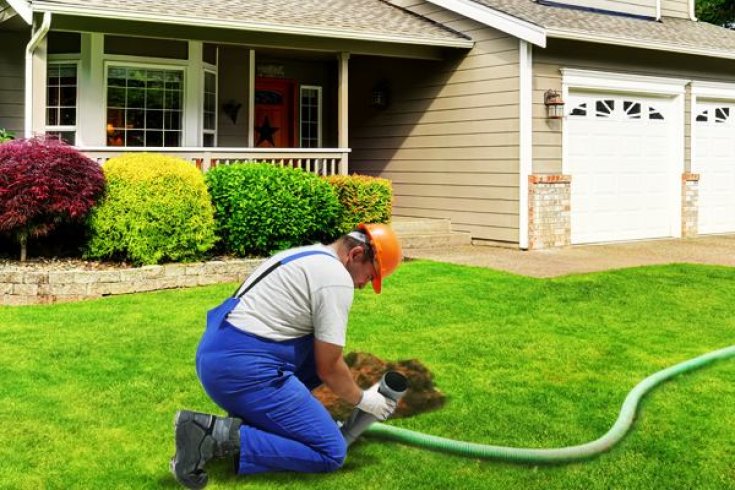
12
Preparing Your Pipes & Drains for the Winter With winter on the horizon, homeowners need to implement specific measures to…
Read more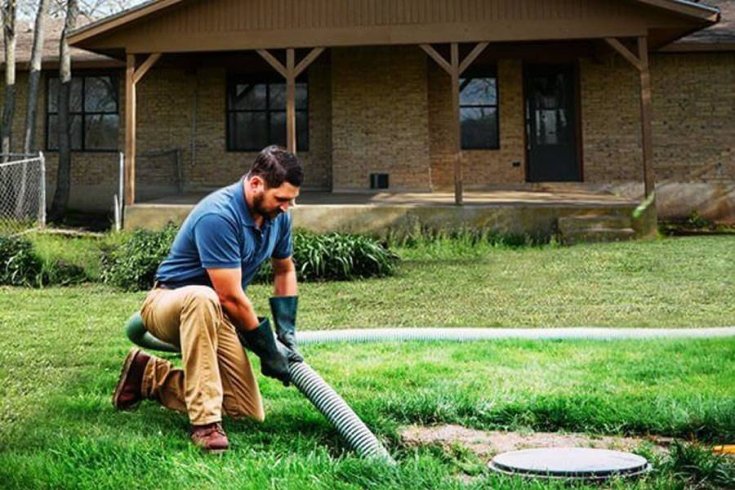
05
Buying a New Home? Invest in a Septic System Inspection When purchasing a new home, many buyers focus on visible…
Read more